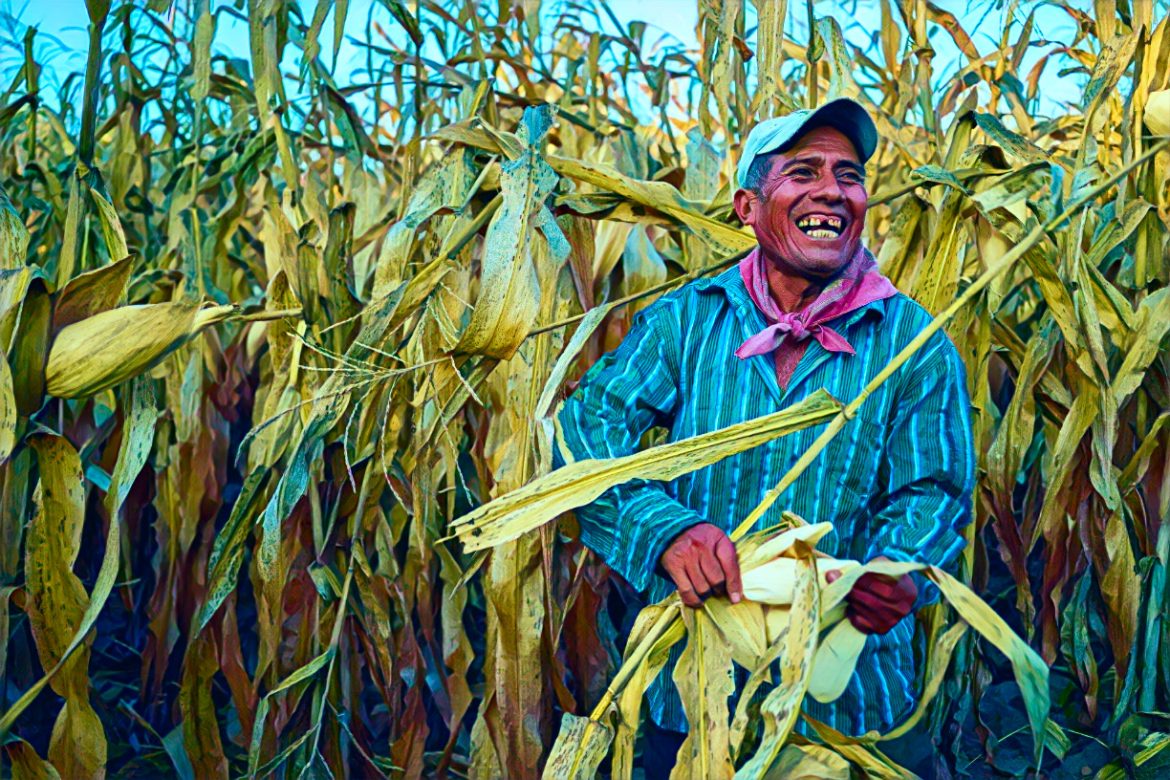Key Points
- Embrace crop diversity and water conservation to sustain agriculture.
- Use modern tools like apps and precision farming for efficiency.
- Empower communities through training, policy, and sustainable farming innovations.
Agriculture constitutes the foundation of Zimbabwe’s economy, sustaining over 70% of the populace. Nonetheless, issues include climate change, soil deterioration, and unpredictable rainfall jeopardize its viability.
Comprehending the present agricultural terrain in Zimbabwe
The agriculture of Zimbabwe is varied, with maize, tobacco, and minor grains as principal crops. Nonetheless, the sector encounters significant hurdles. Inconsistent precipitation and over dependence on monoculture, especially maize, render farmers susceptible to crop failures in drought conditions.
Conventional agricultural methods, while culturally important, may lack the flexibility required to address contemporary environmental challenges.
Strategies for cultivating sustainable agricultural practices
Nutritious soil is the cornerstone of sustainable agriculture. Farmers may implement techniques such as crop rotation and intercropping to preserve soil nutrients.
As stated by Farmonaut, the utilization of organic compost and biofertilizers diminishes reliance on chemical inputs while improving soil fertility. Conservation tillage aids in moisture retention and enhances soil structure, essential for addressing land degradation.
As precipitation becomes increasingly erratic, water conservation is essential. Methods such as rainwater gathering and drip irrigation guarantee that crops have sufficient water without excess consumption.
Crop diversification is a crucial approach. Cultivating drought-resistant types like sorghum, millet, and cassava guarantees food security during arid periods. Indigenous crops, adapted to local conditions, provide nutritional and economic advantages.
As stated by Africa lisiting, agriculturalists can enhance climate-smart practices by utilizing resilient crop types and employing weather forecasting techniques for improved planning.
Enhancing communities via technology and policy
Technological advancements and supportive legislation are crucial for sustainable agriculture. Digital tools, such as smartphone applications, enable farmers to obtain weather updates, market data, and pest management guidance. Precision agriculture technology, such as satellite images, enable farmers to assess crop health and optimize resource utilization, enhancing efficiency and minimizing waste.
Policy initiatives are also essential. The government and NGOs can offer subsidies for organic fertilizers and drought-resistant seedlings, rendering sustainable methods economically viable for small-scale farms.
The establishment of agricultural cooperatives promotes resource sharing and enhances community resilience.
Empowering underprivileged populations, especially women and youth, is essential. These groups are frequently essential to agriculture yet encounter considerable obstacles.
Conclusion: An Urgent Appeal for Action
Sustainable agriculture is essential for Zimbabwe’s future. By emphasizing soil health, water conservation, crop diversification, and climate-adaptive methods, the nation can establish a robust agricultural system. Technological advancements, policy frameworks, and community involvement bolster these initiatives, fostering an ecosystem that empowers agriculturalists and conserves natural resources.
Successful realization of this vision necessitates collaboration among government entities, non-governmental organizations, commercial sectors, and local communities. Immediate action is essential to guarantee that agriculture continues to serve as a sustainable and successful cornerstone for Zimbabwe’s growth.


